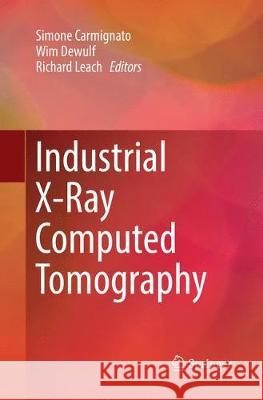Industrial X-Ray Computed Tomography » książka
topmenu
Industrial X-Ray Computed Tomography
ISBN-13: 9783319866536 / Angielski / Miękka / 2018 / 369 str.
Industrial X-Ray Computed Tomography
ISBN-13: 9783319866536 / Angielski / Miękka / 2018 / 369 str.
cena promocyjna 290,29
(netto: 276,47 VAT: 5%)
580,59
Rabat: -50%
Najniższa cena z 30 dni: 385,52
(netto: 276,47 VAT: 5%)
Rabat: -50%
Najniższa cena z 30 dni: 385,52
Termin realizacji zamówienia:
22 dni roboczych
22 dni roboczych
Darmowa dostawa!
Zobacz inne książki w promocji: Wyprzedaż publikacji z zakresu nauk stosowanych
Kategorie:
Kategorie BISAC:
Wydawca:
Springer
Język:
Angielski
ISBN-13:
9783319866536
Rok wydania:
2018
Wydanie:
Softcover Repri
Ilość stron:
369
Oprawa:
Miękka
Wolumenów:
01











